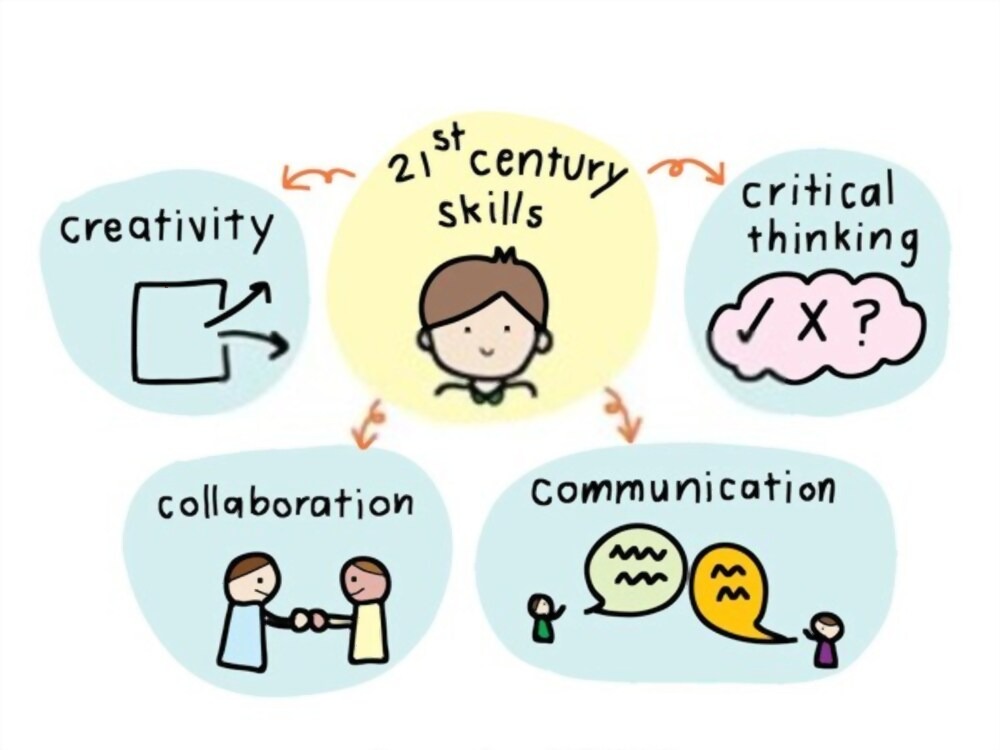Importance of Holistic Development in School
Holistic development refers to the cultivation of a well-rounded individual who has a balance of academic, physical, emotional, and social skills. This type of development is crucial for success in both personal and professional life. Here are some reasons why holistic development is important in school:
Improves academic performance
Holistic development helps students to perform better academically. A well-rounded student who has a healthy balance of physical, emotional, and social skills is more likely to be motivated, focused, and resilient, which are all critical for academic success. When students are well-rounded, they are better equipped to handle the challenges and stress of academic life, leading to improved performance.
Promotes overall well-being
Holistic development is essential for promoting overall well-being. By fostering a healthy balance of academic, physical, emotional, and social skills, students are better equipped to handle the challenges of life and maintain a positive outlook. This can help students to build strong relationships, make informed decisions, and lead fulfilling lives.
Encourages creativity and innovation
Holistic development allows students to explore their interests, talents, and passions. This can help students to develop their creative and innovative skills, which can be applied to a wide range of careers and activities. By fostering creativity and innovation, schools can help students to develop a lifelong love of learning and a passion for knowledge.
Develops leadership skills
Holistic development helps students to develop critical leadership skills, such as communication, teamwork, problem-solving, and decision-making. These skills are critical for success in both personal and professional life and can be developed through a variety of school activities, such as sports, clubs, and community service projects.
Fosters positive relationships
Holistic development helps students to develop positive relationships with others. This includes building strong relationships with classmates, teachers, and other members of the school community. Positive relationships can help students to feel supported, valued, and connected, which can have a significant impact on their academic and personal success.
Promotes social responsibility
Holistic development encourages students to become responsible members of society. This includes promoting empathy, compassion, and a sense of community, and it can be achieved through a variety of activities, such as community service projects, cultural events, and charity work. By fostering social responsibility, schools can help students to develop a strong sense of purpose and a commitment to making a positive impact in the world.
Prepares students for the future
Holistic development prepares students for the future by fostering a well-rounded individual who is equipped to handle the challenges of both personal and professional life. This type of development is critical for success in a rapidly changing world, where students will need to be flexible, adaptable, and able to handle a wide range of responsibilities.
In conclusion, holistic development is critical for success in both personal and professional life. By fostering a well-rounded individual who has a balance of academic, physical, emotional, and social skills, schools can help students to perform better academically, promote overall well-being, encourage creativity and innovation, develop leadership skills, foster positive relationships, promote social responsibility, and prepare students for the future. It’s important for schools to prioritize holistic development and provide students with a wide range of opportunities to develop these critical skills.

